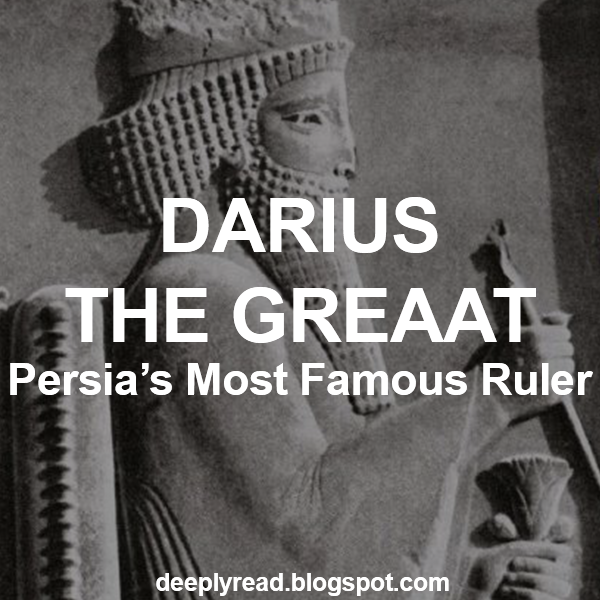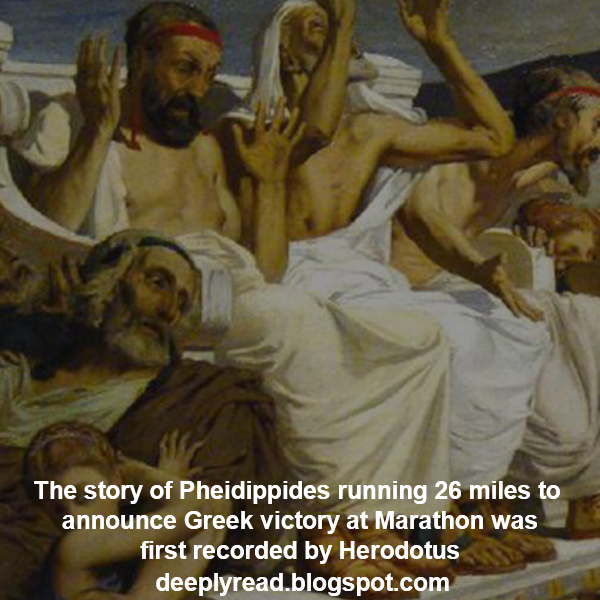The story of one of Persia’s most famous rulers paints him as a saviour – but did he write it himself?

As soon as he found out, Cambyses was set to rush back from Syria but, according to some ancient sources, the cap fell off the sheath of his sword when he jumped from his horse. The exposed blade pierced his thigh and he contracted a deadly, gangrenous infection.
Greek scholar Herodotus’s Histories, but he also got his information from the Behistun Inscription. So how much can we trust Herodotus here? Though the Greek is known as ‘the father of history’ for pioneering the field of study, his critics have been just as quick to call him ‘the father of lies’. Beyond a penchant for reporting gossip as solid facts, his chronicles are often filled with outlandish mythical creatures, such as flying snakes and fox-sized ants.
Nevertheless, Herodotus writes that after Cambyses’s death, Bardiya claimed the Persian throne for himself. While courtiers considered plotting against him, they lacked leadership – that is, until Darius arrived. A distant relative of Cambyses, Darius led the march on Bardiya’s royal palace in Susa and killed the usurper. With some debate – but probably very little – Darius was proclaimed king. Herodotus also claims that Darius went on a rampage and killed many of Bardiya’s supporters, which would have consolidated his power grab.
His treasury renewed, Darius set about upgrading the empire’s infrastructure. Roads were improved and way stations added so that Silk Road travellers could change horses and sleep. Members of the government apparently received passports that entitled them to food rations along these major roads. A canal was also built linking the Nile and the Red Sea. This canal was written about by more people than just Herodotus, so we know that it was a great boon for interregional trade as sailors could now cut through the Arabian peninsula. Granaries were built for the army, so they could maintain their supplies. The calendar was reformed and implemented all over the empire so that it used a more modern Babylonian system.

Inscriptions left at different times give us some sort of timeframe for Darius the Great’s many conquests. We know that he invaded northern India before he built Persepolis, and inscriptions on his tomb suggest that before his death he conquered the mighty kingdoms of Cyrenaica (modern-day Libya) and Kush (in Sudan). Herodotus seems to have used these inscriptions to tell of Darius’s travels through Asia, eastern Europe and Africa, but it’s impossible to verify his account. The lack of contemporary sources, again, leaves us short. However, there is one thing we know for certain – in his bid to expand his empire, Darius battled the Greeks. While Darius had consolidated Persia’s western conquests in the Aegean, in 498 the eastern Greek Ionian cities revolted.

However, the Battle of Marathon in 490 did not go well for the Persians. After a few hours of fighting, the strong Greek flanks surrounded the Persian centre and that was that. The Persians fled to their ships and tried to reach Athens before the Athenian army could make its way home, but they were to be repelled again.
Not only had Darius’s dream of adding Greece to his long list of land failed, but word of the defeat may have emboldened other rebels throughout the empire, triggering a revolt in Egypt after Darius’s death, which caused further loss to the prestige of the once-mighty Persian military.
Darius’s death has no exact date – the closest we can get is a two-week window in 486. He was 64 and died after 30 days of illness, so we know that he wasn’t murdered in a coup by someone younger who wanted to take power. He was liked enough that he could die in peace. He was embalmed, placed in his coffin and taken to Naqš-e Rustam to be buried. Outside his tomb were two inscriptions – one about his conquests, and the other about his philosophy. The latter said, “What things develop in my anger, I
hold firmly under control by my thinking power. I am firmly ruling over my own impulses.” It was this self-control that led to his long and prosperous rule.
In fact, even his Athenian archenemies conceded that he was a good king. The playwright Aeschylus, who fought at Marathon, called Darius’s reign the golden age of Persia when he was writing 13 years later.